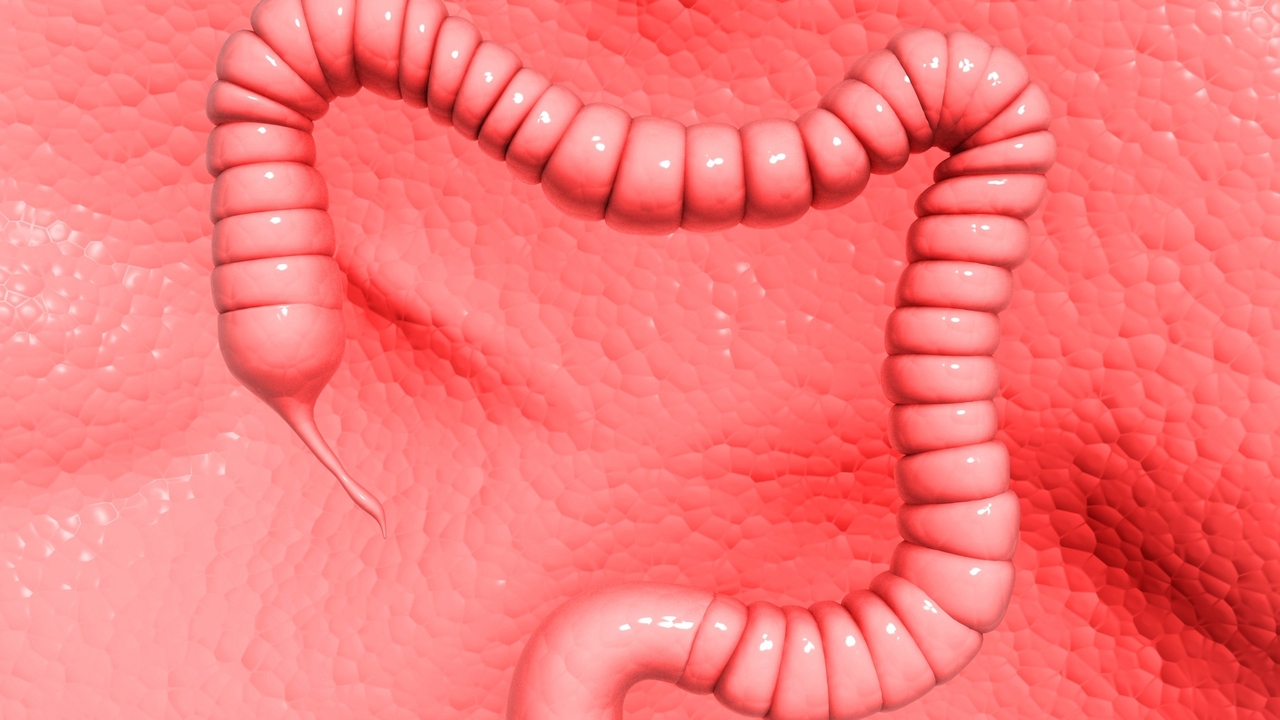When discussing natural remedies or conventional medicine, people often have very strong views one way or another and public consensus appears to be that if you are for natural medicine you must be against medical science. However, what a lot of people don’t realize is that medical science develops a lot of its medicines from natural extracts. For instance, asprin was formulated using willow tree leaves and bark.
Cardiac glycosides are drugs used to treat heart failure and these were derived from foxgloves and other plants as a tonic for serious heart conditions. Most of the drug therapies we have now, originated from plant sources.
Now scientists think that these plant derived cardiac glycosides may be an effective treatment for colon cancer and could be used as a sole treatment for the cancer or in conjunction with standard chemotherapy. They tested the substances ability to kill cancer cells by using samples of hamster cancer cells and human cancer cells in the laboratory. Six human samples were taken from patients suffering from colorectal adenocarcinoma. They found that the glycosides had a positive effect of killing cancer cells alone and with other therapies and that they also increased the effectiveness of chemotherapy.
"There are several reports on the cytotoxic activity of cardiac glycosides, and a potential anticancer effect has been suggested. From an ethnopharmacological perspective, it may be noted that leaves of Digitalis purpurea (containing digitoxin) and extracts of Nerium oleander (containing oleandrin) have been used traditionally to treat tumors in different parts of the world.
The finding that cardiac glycosides additively (cardiac glycoside plus 5-fluorouracil) or synergistically (cardiac glycoside plus oxaliplatin) kill colon cancer cells when combined with standard chemotherapeutic drugs is novel and of potential clinical relevance. In this context, particularly, the present results for digitoxin and digoxin in combination with standard cytotoxic drugs may be significant."
As an estimated 156,000 people are diagnosed with colorectal cancer every year in the United States so any treatment shown to fight the disease and make current treatments more successful is something to be celebrated and should bring hope to all those affected by colorectal cancer and their families.
Source: J. Nat. Prod., 2009, 72 (11), pp 1969–1974.
Joanna is a freelance health writer for The Mother magazine and Suite 101 with a column on infertility, http://infertility.suite101.com/. She is author of the book, 'Breast Milk: A Natural Immunisation,' and co-author of an educational resource on disabled parenting, in addition to running a charity for people damaged by vaccines or medical mistakes.






Add a CommentComments
There are no comments yet. Be the first one and get the conversation started!